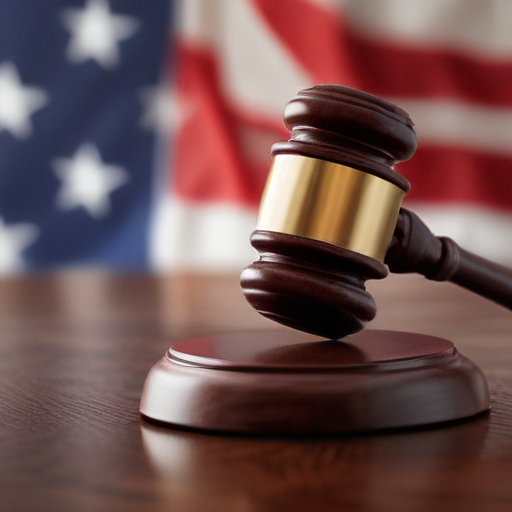Donald Trump received an unconditional discharge on Friday for his criminal conviction in New York, which means he will not face fines, prison time, or any other penalties. The former president attended a virtual sentencing hearing where Judge Juan Merchan addressed the conditions surrounding Trump’s recent conviction for falsifying business records linked to a hush-money payment to adult film star Stormy Daniels.
During the hearing, which lasted a short time, Judge Merchan noted that the only lawful sentence available that respects Trump’s status as president-elect is an unconditional discharge on all counts. This ruling comes only ten days before Trump is set to be sworn in for his second term in office. Trump previously argued that the trial and sentencing would impede his ability to govern, and he expressed intentions to appeal the conviction.
This is a historic case, marking the first time a former, future, or sitting U.S. president has faced criminal charges and gone to trial. Trump’s trial was characterized by an intense level of media attention and security, but Merchan reminded the court that it was not unique when compared to other cases in the same courthouse.
Prosecutors had recommended an unconditional discharge to conclude the trial and allow Trump to govern without legal restrictions. However, they firmly countered Trump’s claims of political motivation behind the charges, emphasizing that his actions threatened the integrity of the rule of law.
In the lead-up to the sentencing, Trump maintained his innocence, claiming that the payments were legal expenses and reiterating allegations of unfair treatment throughout the judicial process. His defense attorney suggested that the electoral outcomes affirmed voters’ perceptions regarding the legitimacy of the case.
The conviction has not significantly harmed Trump’s popularity, as he leveraged the case to bolster fundraising efforts, reportedly raising millions of dollars shortly after the guilty verdict. The recent election indicated strong support for his return to the White House, with nearly half of voters backing him, suggesting that many believe his legal challenges are politically motivated.
Legal analysts express that the unconditional discharge allows for a degree of closure regarding this case as the nation moves forward with its leadership under Trump. Overall, this situation exemplifies the intersection of law and politics in America, showcasing the resilience of Trump’s base despite ongoing legal controversies.
This case and its implications highlight how legal proceedings can influence, and at times bolster, political campaigns, encapsulating a dynamic political landscape in the lead-up to essential elections.
